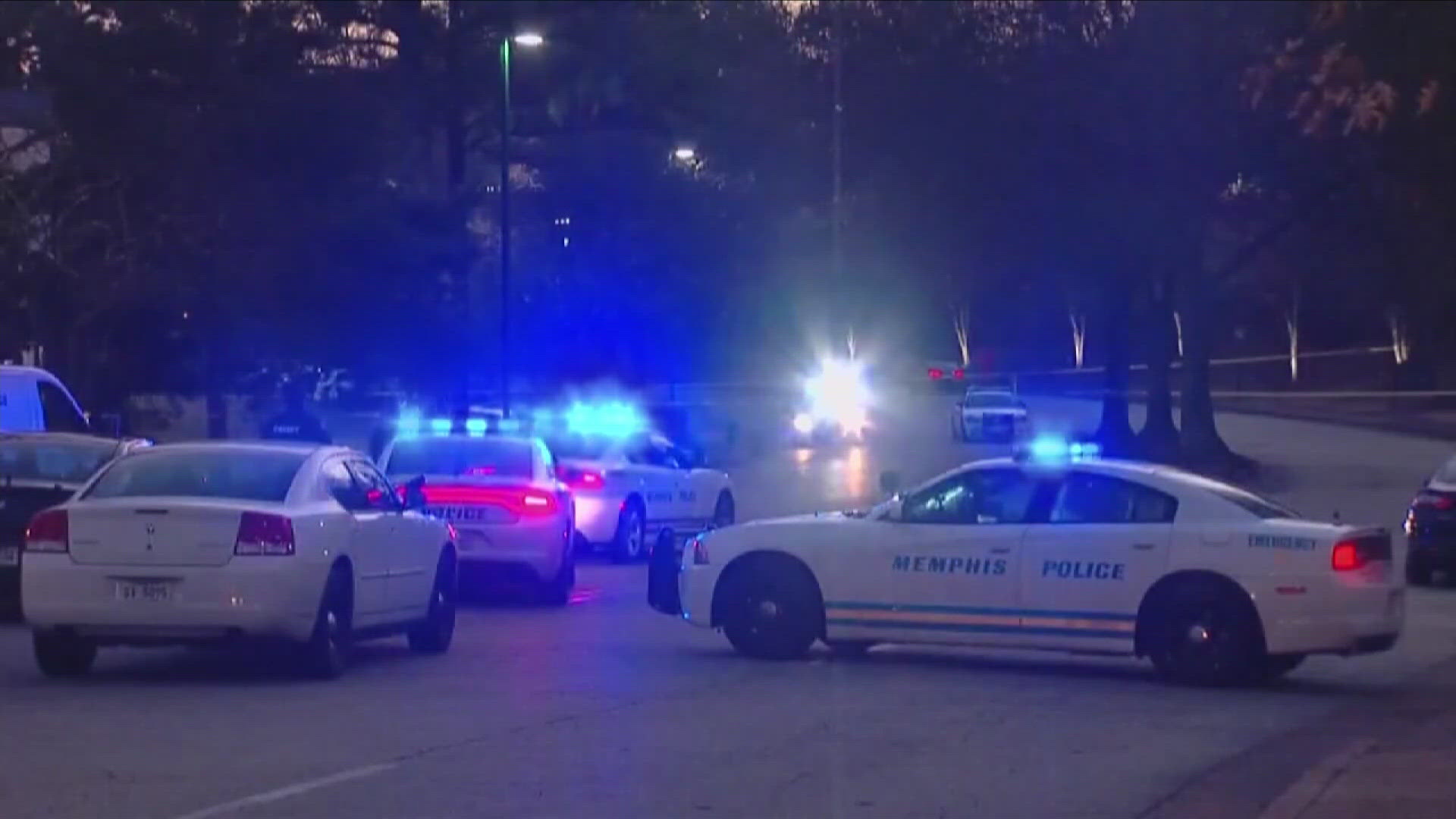MEMPHIS, Tenn. — City of Memphis officials released a document in response to the Department of Justice’s agreement in principle relating to the pattern or practice investigation saying they, “cannot do that.”
Addressed to Kristen Clarke, Steven Rosenbaum and Maureen Johnston of the Justice Department’s Civil Rights Division, the letter reads that the city has received the agreement in principle from the DOJ to negotiate the consent decree.
“The agreement would require the city to agree in principle to negotiate a consent decree aimed at institutional police and emergency services improvement without having adequate time or opportunity to review and/or vet the DOJ’s forthcoming findings report,” the document reads.
“In the best interest of our community, we cannot do that. Moreover, the investigation and unreleased findings only took 17 months to complete, compared to an average of 2-3 years in almost every other instance, implying a rush to judgement.”
The document, signed by the city’s Chief Legal Officer Tannera Gibson, continues to say that a legal finding supporting that the city’s patterns and practices violate the Constitution requires a legal process.
The city’s letter reads that the legal process includes things such as the ability to challenge the methods of evaluating information, the credibility of witnesses, and the facts used to arrive at the conclusions.
“Until the city has had the opportunity to review, analyze, and challenge the specific allegations that support your forthcoming findings report, the City cannot - and will not - agree to work toward or enter into a consent decree that will likely be in place for years to come and will cost the residents of Memphis hundreds of millions of dollars,” the document reads.
“From what we understand, consent decrees remain in place for an average of more than ten years, with absolutely no controls to ensure timely completion or consideration for the financial impact to the affected community. Such a proposal is not the right solution for Memphis.”
The city’s documents continue to say that they believe there are better ways to “reimagine policing” that won’t cost taxpayers millions of dollars.
The city noted previous changes that have been put in place during the investigation and that the city would be open to using technical assistance letters, which the DOJ has previously used to assist police departments in improvement plans.
The city’s letter also said that they will work with partners within the city, as well as national police reform experts and the DOJ to produce an improvement plan that can be implemented, “much more effectively and efficiently than a consent decree.”
“The City has fully cooperated with the DOJ’s pattern and practice investigation since it was announced on July 27, 2023,” the letter reads. “Specifically, the City allowed DOJ investigators almost unfettered access to 1)interviews and ride-alongs with police officers; 2) our data; 3) our policies; 4) our procedures; and 5)and our body-worn camera footage. The City provided the DOJ with this level of transparency notwithstanding the fact that the City had very little insight into the process underlying the investigation. You did not identify the officers or citizens you interviewed, nor have you provided the City access to your data analysis.
“The City is committed to supporting the Memphis Police Department’s continuous improvement plan, and we will be in contact with you in the next several weeks after we have had an opportunity to thoroughly review and legally analyze the forthcoming report.”

